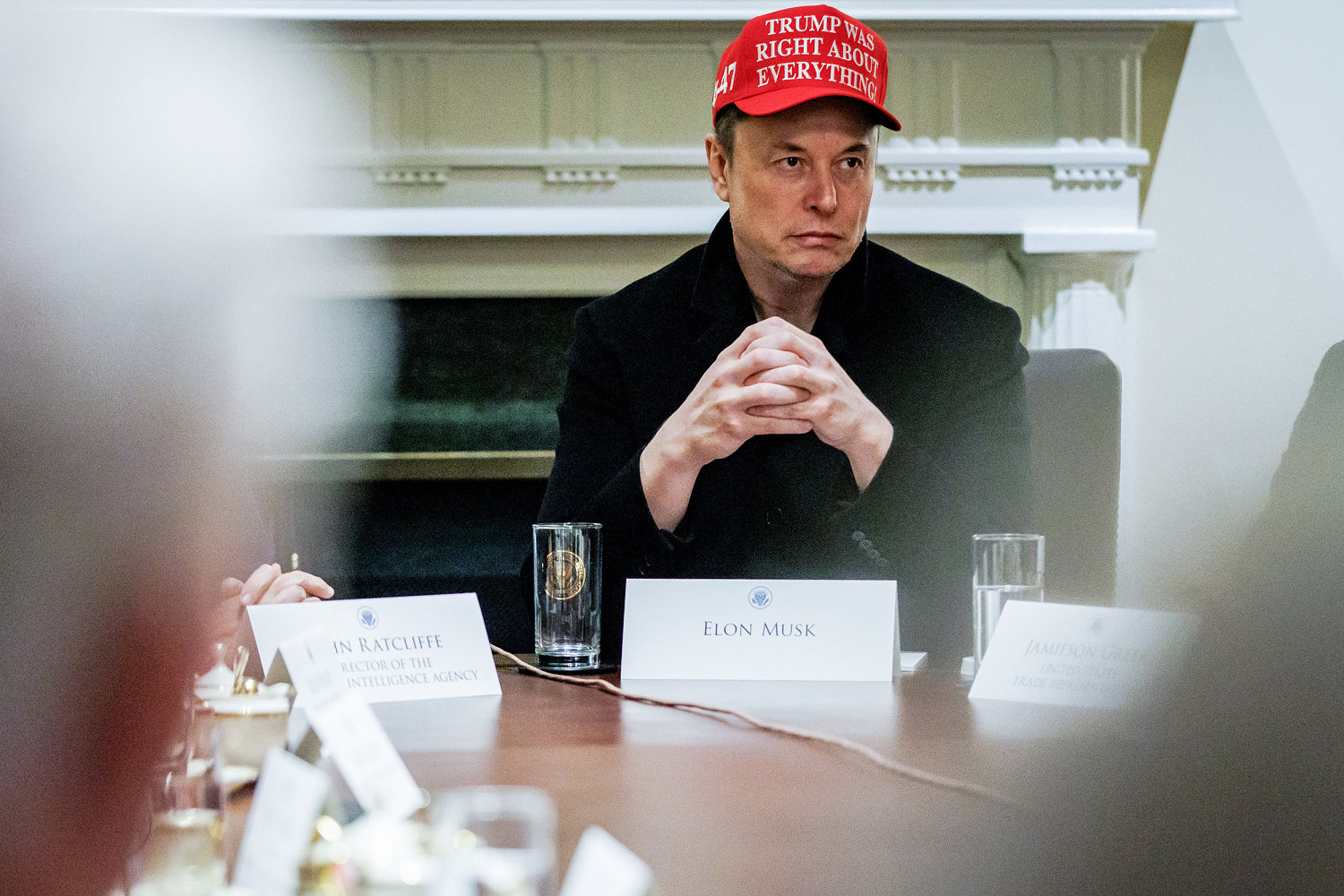
DOGE chief Elon Musk’s ominous email demanding that federal workers list five of the previous week’s accomplishments every week has reportedly gone unheeded — and even been openly mocked — by large swaths of government personnel. That’s telling, since Musk’s February email warned that every failure to comply would be considered a resignation. As Musk prepares to leave the government soon, his inability to completely bend the federal workforce to his will illustrates that his Silicon Valley-inspired “move fast and break things” approach has broken less of the government than he’d hoped.
That’s not to say DOGE hasn’t caused plenty of pain and chaos. It’s responsible for the terminations of tens of thousands of employees — and the cuts are still rolling out. Disbanding the U.S. Agency for International Development will have life-or-death consequences for millions. DOGE’s cost-cutting efforts have already appeared to have made an appreciable difference in the quality of how Social Security is being administered. These are all hugely devastating blows to the administrative state and the people across the nation — and the world — that it serves. And we have yet to feel the full effects.
Musk has sought to inspire more fear in federal employees than he apparently has.
Even so, Musk has sought to inspire more fear in federal employees than he apparently has. The five-accomplishments email, sent from the Office of Personnel Management, was meant to send a shiver down the backs of federal employees and compel them to consistently justify their existence. The message implied was that exceptional accomplishments exceeding their pre-existing job descriptions might save them from termination. But a remarkable new report from The Washington Post, which cites interviews with three dozen managers and employees across government, shows that Musk’s email created neither the compliance nor the trembling he apparently sought.
According to a briefing email obtained by the Post, just two days after Musk’s email, OPM sent an email informing federal human resources officers that the initiative was voluntary, that noncompliance would not be considered a resignation and that OPM leaders didn’t plan to do anything with any messages employees did submit. Not surprisingly, compliance with Musk’s edict has been wildly inconsistent, per the Post:
Some federal agencies have stopped requiring the messages. A shrinking number of departments mandate strict compliance, while others say they are requiring the emails but are not checking for compliance or tracking responses in any way that is detectable to all employees. Many federal workers who still answer the message are either churning out lightly modified versions of the boilerplate each week — or treating the whole thing as a joke, such as by submitting replies in a foreign language.
In April, the National Institutes of Health said Musk’s mandate had ended because “NIH manages its own performance review processes,” the Post reports. The Environmental Protection Agency said the emails were “encouraged, but optional.”
If an office sends out directly contradictory messages about how much a new reporting protocol matters, some noncompliance is inevitable. And the mocking foreign-language responses suggest employees didn’t take Musk’s email seriously and felt comfortable pointedly expressing their disregard for it.
Additionally, federal agencies’ asserting their own authority over personnel management is a reminder of how much of the federal government is a bureaucratic turf war. No matter how much fear Musk has sought to induce in government employees, some Trump political appointees aren’t willing to cede power to him, and some career civil servants aren’t willing to roll over if they think they can find ways to push back.
The disconnect between Musk’s bark and his bite has been well-documented. He entered office promising $2 trillion in savings; so far, he only claims to have found about $150 billion — that is, 7.5% of his goal. And even much of what he has claimed as savings on his online “wall of receipts” has been wildly inflated and riddled with misinformation. It only makes sense that when career civil servants observe that DOGE appears to be more about crude optics and lacks follow-through that they would feel emboldened to buck Musk’s orders.
There are other signs, too, that federal agencies are pushing back against DOGE employees in their midst. DOGE personnel have been ousted from the IRS and the Social Security Administration. Again, DOGE has caused plenty of unwarranted pain by firing competent federal employees and eliminating lifesaving programs. None of this is meant to minimize that.
But with Musk expected to soon end his current incarnation as a special government employee, it’s worth reflecting on how the republic’s institutions are showing some signs of resilience. Part of that is that it’s inherently difficult to transform an organization with millions of employees — even more so when the two in charge are a former reality TV star and a billionaire who is a political neophyte. But the other big part of it is that there are plenty of people who work in the federal government who aren’t willing to go down without resisting, in ways subtle and bold.
